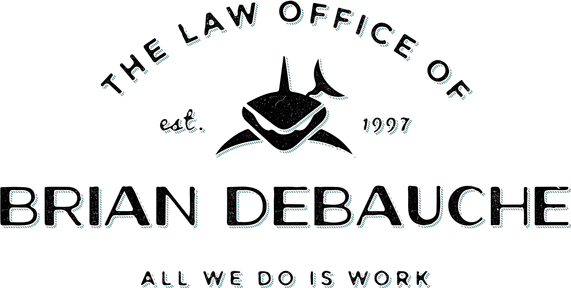People v. Segovia, and moral turpitude crimes
This 2008 case created a tremendous tool for those who cross-examine, and any defense attorney should be familiar with the holding in Segovia. This case established the means to cross examine nearly any witness on their previous criminal history, and allows nearly unlimited scope to such questions. This case was a mistrial and appeal of an evidentiary ruling against the defendant, who sought to cross-examine the alleged victim on her previous shoplifting conviction. The trial court denied the request to cross examine and declared the topic off-limits. The Supreme Court held these questions were proper.
To start with, the court cited to an earlier case and said "a trial court necessarily abuses its discretion if it bases its ruling on an erroneous view of the law or on a clearly erroneous assessment of the evidence. People v. Wadle, 97 P.3d 932, 936 (Colo.2004)." The justices found that instances of conduct would be considered per se dishonest by their very nature, and cited the following cases:
- providing false information to a police officer, e.g., People v. Garcia, 17 P.3d 820 (Colo.App.2000);
- intentionally failing to file tax returns, Kraemer, 795 P.2d 1371;
- and misrepresenting financial information to obtain a loan, People v. Distel, 759 P.2d 654 (Colo.1988).
- In contrast, Colorado courts have excluded acts of violence, People v. Ferguson,43 P.3d 705 (Colo.App. 2001);
- instances of drug use, People v. Saldana, 670 P.2d 14 (Colo.App.1983);
- and bigamy, People v. Lesslie, 939 P.2d 443 (Colo. App.1996), because those acts are not probative of truthfulness
The court here, reversing the court of appeals and trial court, found that shoplifting and theft crimes are probative of truthfulness and grounds for cross-examination. The court limited its holding by saying the conviction was not considered probative; but only the acts underlying the allegation. This however actually expands the usefulness of this case to allow for cross examination on 'acts' of dishonesty, and the case does not address whether an allegation alone is sufficient. The court previously held that the circumstances surrounding a conviction for untruthfulness to police was grounds for cross examination. People v. Armstrong, 704 P.2d 877 (Colo. App. 1985).
Importantly the attempt to deny or mislead during testimony about a previous conviction can allow the conviction and underlying circumstances to become relevant. where defendant's misrepresentations might mislead the jury unless corrected, such inquiry of the defendant on 781*781 cross-examination is entirely proper. See, People v. Mejia, 534 P.2d 779 (Colo. 1975), citing Molton v. People, 118 Colo. 147, 193 P.2d 271 (1948). Cf., Harris v. New York, 401 U.S. 222, 91 S.Ct. 643, 28 L.Ed.2d 1 (1971).
